EHF's Collaborating for Healthy Communities Initiative (CHCI) aims to strengthen existing health-focused coalitions and collaborative efforts by improving their effectiveness, leadership, and sustained ability to take action in improving health.
EHF understands that complex health challenges in our communities often can’t be solved by one organization alone. We need strong cross-sector collaborative efforts in order to improve health at the population and community levels. For that reason, we have launched CHCI as a resource to strengthen the effectiveness and impact of existing health-focused collaboratives in our region.
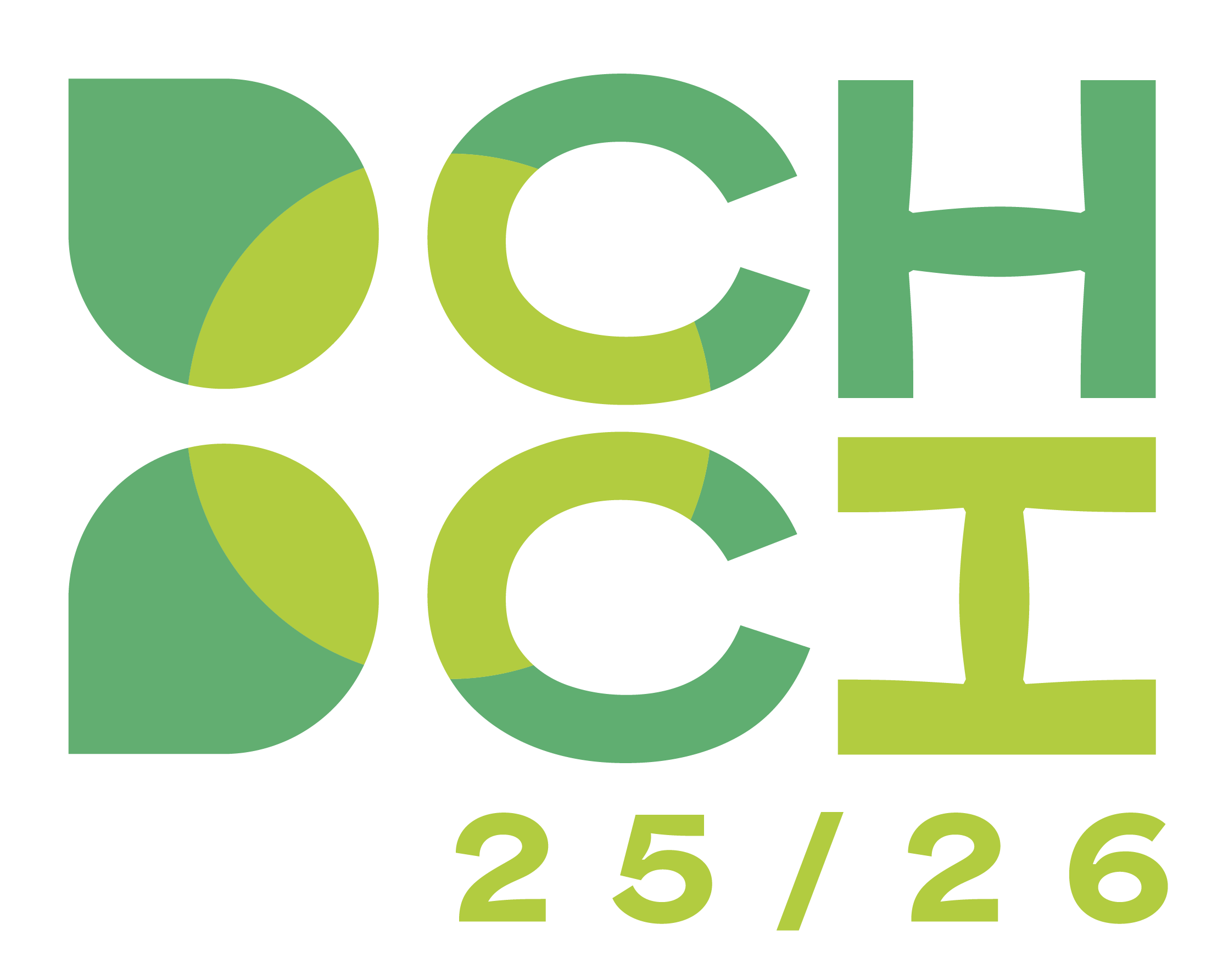
2025-26 Collaborating for Healthy Communities Initiative Cohort
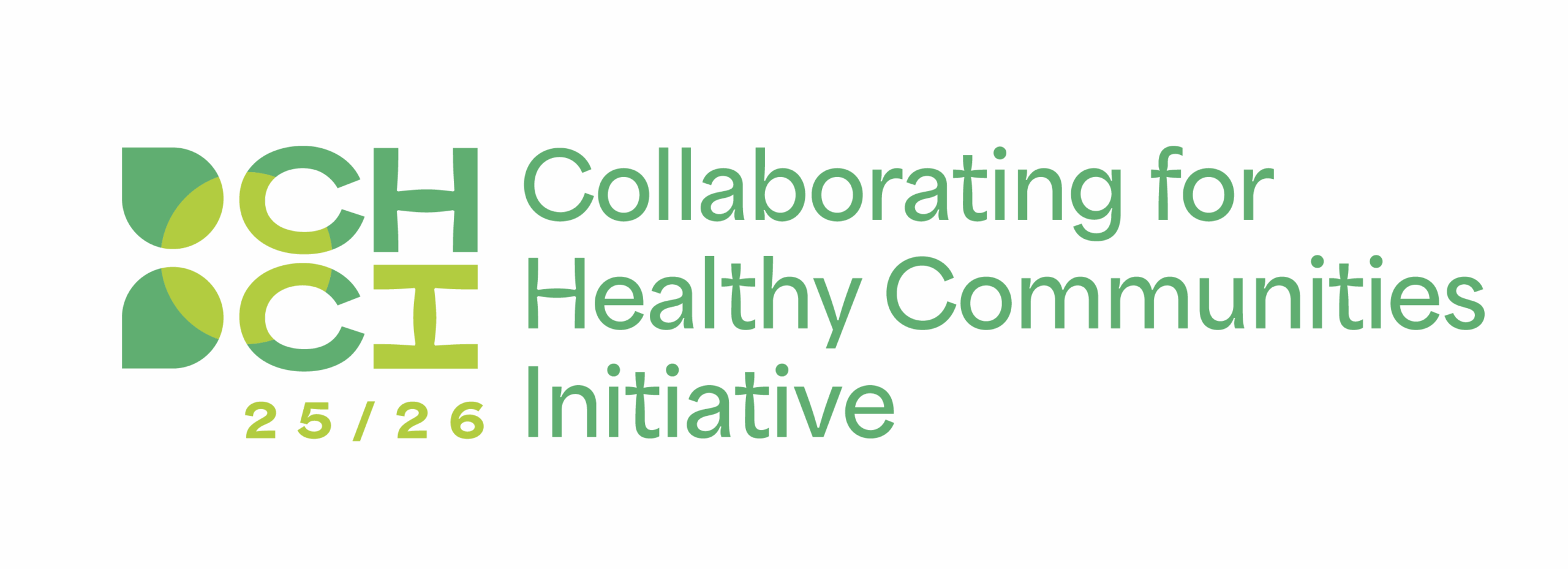
29
counties impacted
3 EDOT
congregations involved

Food & Nutrition Security
8 collaboratives

Maternal
Health
5 collaboratives
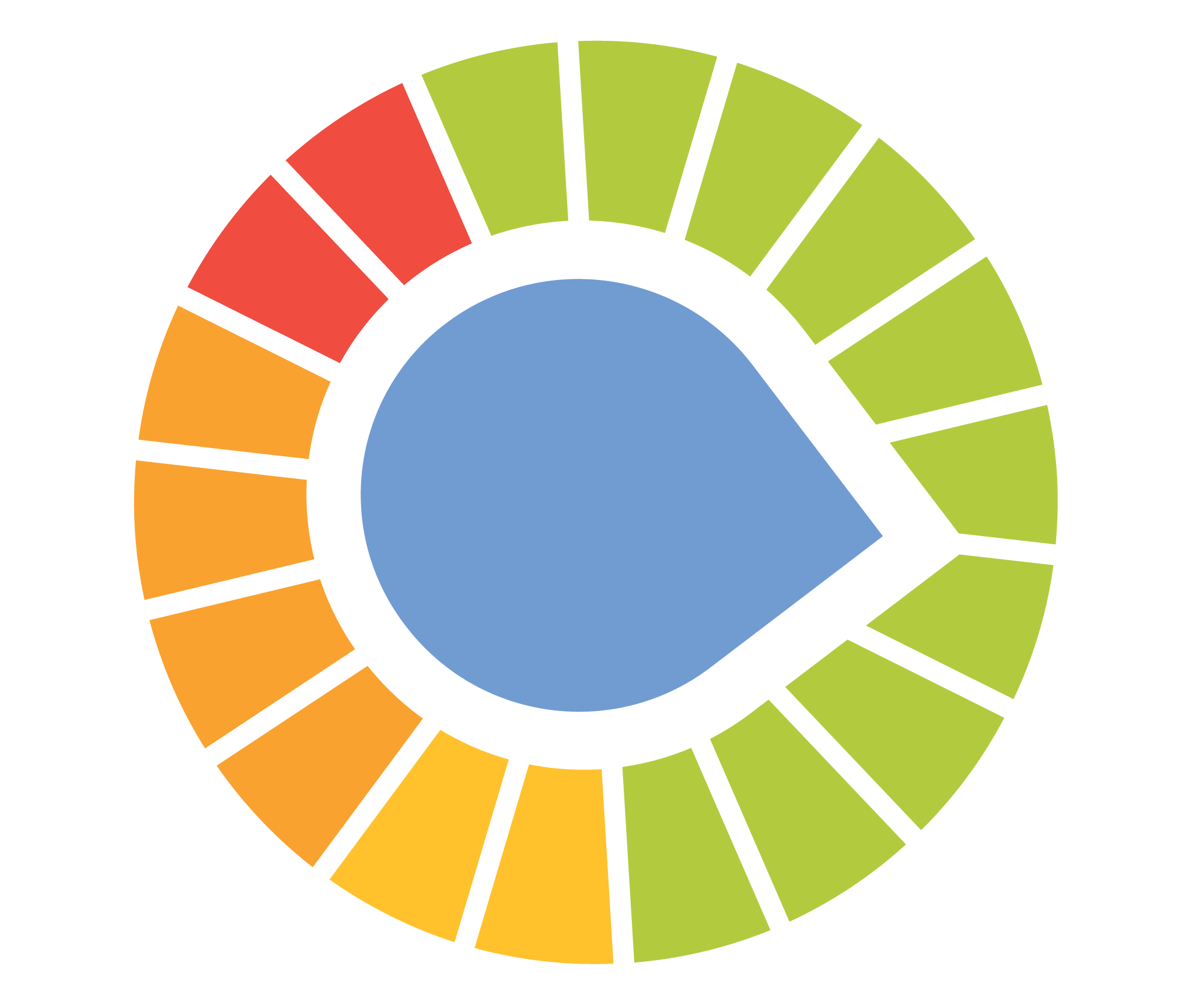
Diabetes Prevention
5 collaboratives
EHF Geographic Reach
- CHCI Cohort '25/26 Counties Represented
Episcopal Health Foundation is partnering with 12 community collaboratives representing 29 counties to kickoff the 2025–26 Collaborating for Healthy Communities Initiative (CHCI) cohort. For the first time, every collaborative in the cohort will focus on one or more of EHF’s Priorities for Change: maternal health, food and nutrition security, or diabetes prevention.
CHCI is a year-long, capacity-building program that accelerates the effectiveness of local collaboratives and coalitions working to improve health where people live, learn, work, and play. Collaboratives in the program receive coaching, technical assistance, and financial support to improve their collaborative process and practices. They also join a cohort of peers that share ideas, test new strategies, and connect them to others facing similar challenges.
What to Expect
- Access to coaching from knowledgeable, experienced resources throughout the 2025-26 CHCI cohort
- 12-month commitment; cohort gathers in-person for two events (kickoff & reunion), other sessions with cohort occur virtually
- Technical assistance to strengthen community engagement efforts [NEW!]
- Opportunities to consult and network with other coalitions in Texas focused on maternal health, diabetes prevention, or food & nutrition security [NEW!]
- Four content-focused webinar sessions covering EHF’s Pillars of Collaboration (Shared Purpose, Shared Leadership, Strategic Action, Sustainability) with assigned reading, guest speakers, and questions for discussion
- Opportunity for real-world application with financial support
- Hear from practitioners, funders, and researchers focused on these issues
- Pre- and post-program self-assessment (AACT) to better understand your coalition’s strengths and opportunities
Cohort Eligibility
Coalitions and collaboratives* that can be described by all of the following statements meet the criteria required to apply:
- The collaborative is made up of at least 2 organizations that have been collaborating for at least a year.
- The coalition’s work impacts at least one of the 81-counties in EHF’s service area.
- The collaborative’s work is focused on maternal health, diabetes prevention, or food & nutrition security.
- The collaborative has a challenge the group wants to collectively address and improve.
- The coalition has a “core team” of 5-8 collaborative members who can participate in each activity on the CHCI 2025-26 timeline (not required to apply but strongly encouraged for participating coalitions).
*Note: we use the terms “coalition” and “collaborative” interchangeably and define both as a group of separate organizations working together with a common interest.
Lunch & Learn Webinar Series
Maternal Health
Watch webinar
See presentation slides
Diabetes Prevention
Watch webinar
See presentation slides
Food & Nutrition Security
Watch webinar
See presentation slides
How do I know if CHCI is a good fit for me?
If your collaborative or coalition meets our eligibility criteria stated on the CHCI 2025 tab, this cohort of CHCI was designed for you.
My collaborative’s work is not focused on EHF’s Priorities for Change but we were looking forward to participating in the next cohort after hearing good things from previous participants. Can we still apply for CHCI this year?
No, this year’s cohort is specifically focused on groups that are concentrating their work on Maternal Health, Diabetes Prevention, and Food & Nutrition Security. If future cohorts have a different focus than our Priorities for Change, we will be sure to share the opportunity with those subscribed to our Igniting Change newsletter.
My coalition participated in a previous CHCI cohort. Are we eligible to apply for this one?
No, previous participants of CHCI cannot participate again. However, we encourage you to stay in touch with our team and refer other groups that would find participating valuable.
Can I apply if I'm already a grantee with EHF?
Yes. Current EHF grantees can apply for CHCI if they meet the criteria, but no priority or preference will be given to a current/past grantee over any other application we receive.
Can I be part of another capacity building program & CHCI at the same time?
No. CHCI is time-intensive and we realize resources are limited in the capacity building space for collaboratives. At this time we are prioritizing groups that are not participating in other forms of capacity building and we applaud you for continuing to invest in opportunities to better your work.
I’m not part of a collaborative but can my organization participate in this capacity building offering?
No. We appreciate your interest, but CHCI is designed specifically for collaboratives and coalitions – groups of 2 or more organizations working together with a common interest.
I see that during the cohort there are four webinars scheduled. How long do those typically last?
The four Pillar webinars last two hours each. An invite to each webinar will be shared with the core team members in the cohort after we launch.
Are the webinars during the cohort open to the public?
No. The webinars for the 2025-26 are only open to the coalitions and collaboratives involved in this year’s cohort.
Where do the four pillars of collaboration come from?
In our work with collaboratives and coalitions at EHF over the last decade, four topics are consistently cited most as what leads to a coalition’s success or limited effectiveness. Those are the four pillars of collaboration: shared purpose, shared leadership, strategic action, and sustainability.
Who from my coalition should be part of my core team?
Each participating coalition will designate a core team of 5-8 individuals to take part in the activities of the cohort. We recommend (1) coalition coordinator, (2) a representative from the backbone or lead organization who has decision-making power, (3-6) representatives from participating organizations that are highly engaged in the coalition work. (Note: we recommend individuals with decision-making power participate in the core team so the ideas and learnings from the cohort are more likely to be adopted by the coalition and individual organizations. We encourage coalitions to make the process for selecting their core team members transparent and collaborative, making clear that it’s the responsibility of the core team to take lessons learned and discussion from the cohort back to their larger coalition for shared understanding.
When will we know whether or not we’re in this year’s CHCI cohort?
After reviewing applications, we plan to extend invitations to collaboratives and coalitions in mid-August (approximately August 12-15, 2025).
Our collaborative already has an assessment, do we need to do this one too?
Yes. It’s great to know you’ve already completed an assessment as a collaborative, and we ask that each group that participates in the cohort complete the Assessment for Advancing Community Transformation (AACT) for the sake of shared language throughout the cohort experience.
Aside from the kickoff, webinars, and reunion, are there other meetings or events that cohort participants are expected to attend?
A great deal of time in CHCI will be invested outside of the webinars and the in-person kickoff and reunion. Most of that time is not listed explicitly on the timeline since it would be scheduled (typically monthly) between a collaborative and their coach. These meetings outside of your time with the cohort are what help to bridge groups from the “theory” of the 4 pillars of collaboration covered in the 4 webinars, to application to your collaborative’s specific context through discussion, reflection, trial, and error.
June 13, 2025
Cohort Applications Open
12:00 p.m. CST Lunch & Learn Webinar: Maternal Health
June 18, 2025
12:00 p.m. CST Lunch & Learn Webinar: Diabetes Prevention
June 27, 2025
12:00 p.m. CST Lunch & Learn Webinar: Food & Nutrition Security
July 13, 2025
Cohort Applications Close
July 23, 2025 - August 1, 2025
Follow-up Calls with Applicants
August 12-15, 2025
CHCI 2025-26 Cohort Announced
August 22, 2025
Online Orientation
September 8-30, 2025
Assessment for Advancing Community Transformation (AACT, in-person)
October 17, 2025
CHCI 2025-26 Kickoff (in-person)
November 7, 2025
Pillar 1 Webinar: Shared Purpose
December 12, 2025
Pillar 2 Webinar: Shared Leadership
January 16, 2026
Pillar 3 Webinar: Strategic Action
February 27, 2026
Pillar 4 Webinar: Sustainability
March-July, 2026
Real-world application with coaching & financial support
May 1, 2026
Cohort check-in
August 2026
CHCI 2025-26 Reunion (in person)
Meet the 2025-26 CHCI cohort
Click the + to see more about the collaborative and its mission and partners
Alliance for Community Assistance Ministries
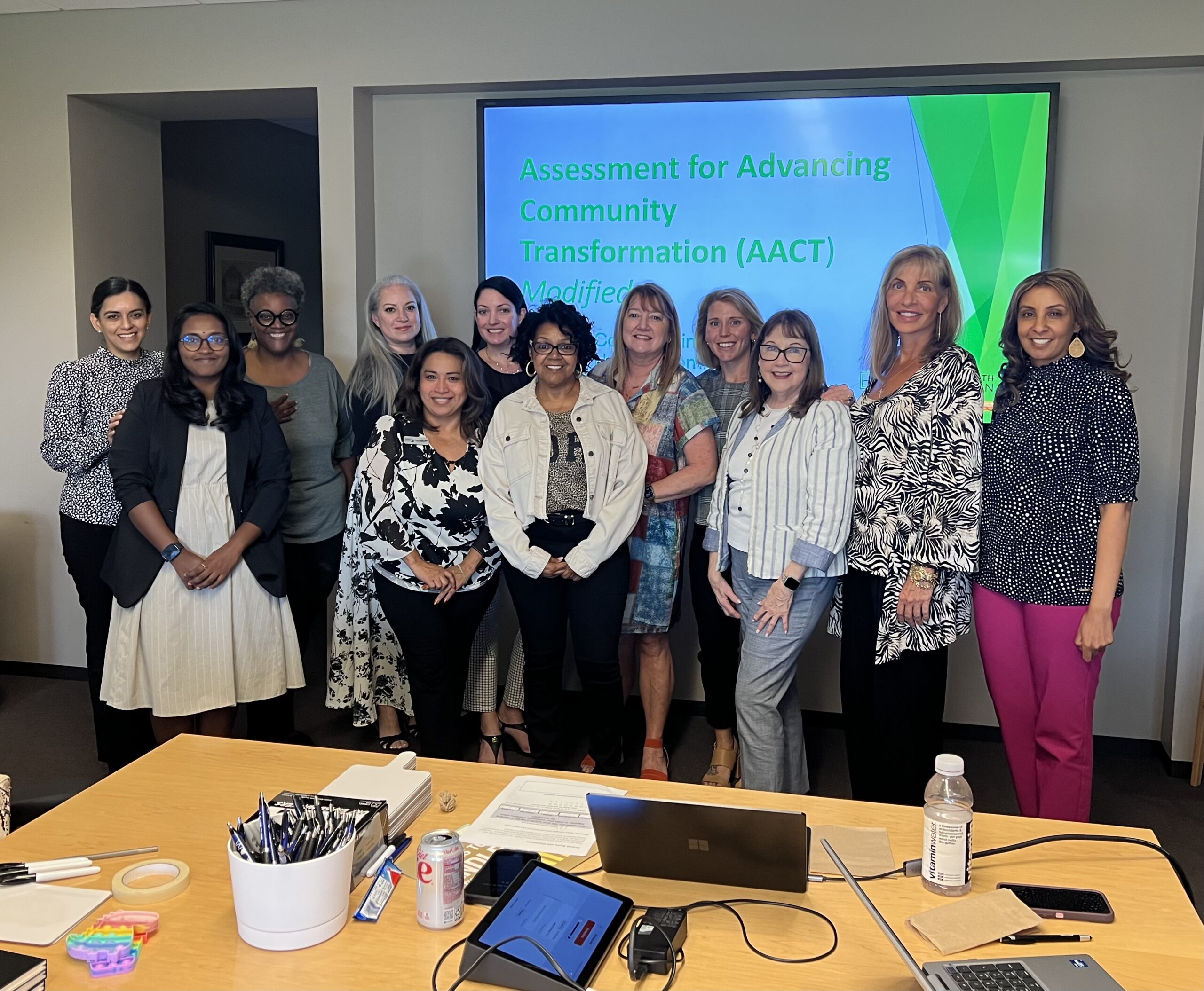
Mission: To create an innovative, multifaceted approach to address food and nutrition insecurity.
Priority for Change: Food & Nutrition Security
Backbone Organization: Alliance of Community Assistance Ministries (ACAM)
Collaborative Partners:
Alliance of Community Assistance Ministries (ACAM)
Catholic Charities of the Archdiocese of Galveston-Houston
Emergency Aid Coalition (EAC)
Epiphany Community Outreach Services (ECHOS)
East Fort Bend Human Needs Ministries (EFBHNM)
Humble Area Assistance Ministries (HAAM)
Memorial Assistance Ministries (MAM)
My Brother’s Keeper (MBK)
Main Street Ministries MSM)
Northwest Assistance Ministries (NAM)
Austin/Travis County Active Living Collaborative

Mission: To provide a collaborative space for connection, learning, and action to advance active living for all in Austin/Travis County.
Priority for Change: Diabetes Prevention
Backbone Organization: UTHealth School of Public Health
Collaborative Partners:
African American Health in Central Texas
Aging Is Cool
Area Agency on Aging & ADRC of the Capital Area
Ascension Seton -Texas Community Benefit
Austin Independent School District
Austin Parks and Recreation
Austin Public Health
Austin Youth Fitness
Austin YMCA
Central Texas Food Bank
Cities Connecting Children to Nature
City of Austin Community Health Assessment/Community Health Improvement Plan
City of Austin Human Resources Department
City of Austin Transportation and Public Works Department
Dell Medical School – Austin
Dell Center for Healthy Living
Blacks Mamas Village
Healthier Texas
Marathon Kids Austin
People’s Community Clinic
Prairie View A&M
Travis County Parks Foundation
United Way for Greater Austin
UTHealth School of Public Health
YMCA Greater Austin
BOND - Babies and Mothers: Outreach for Nutrition and Development
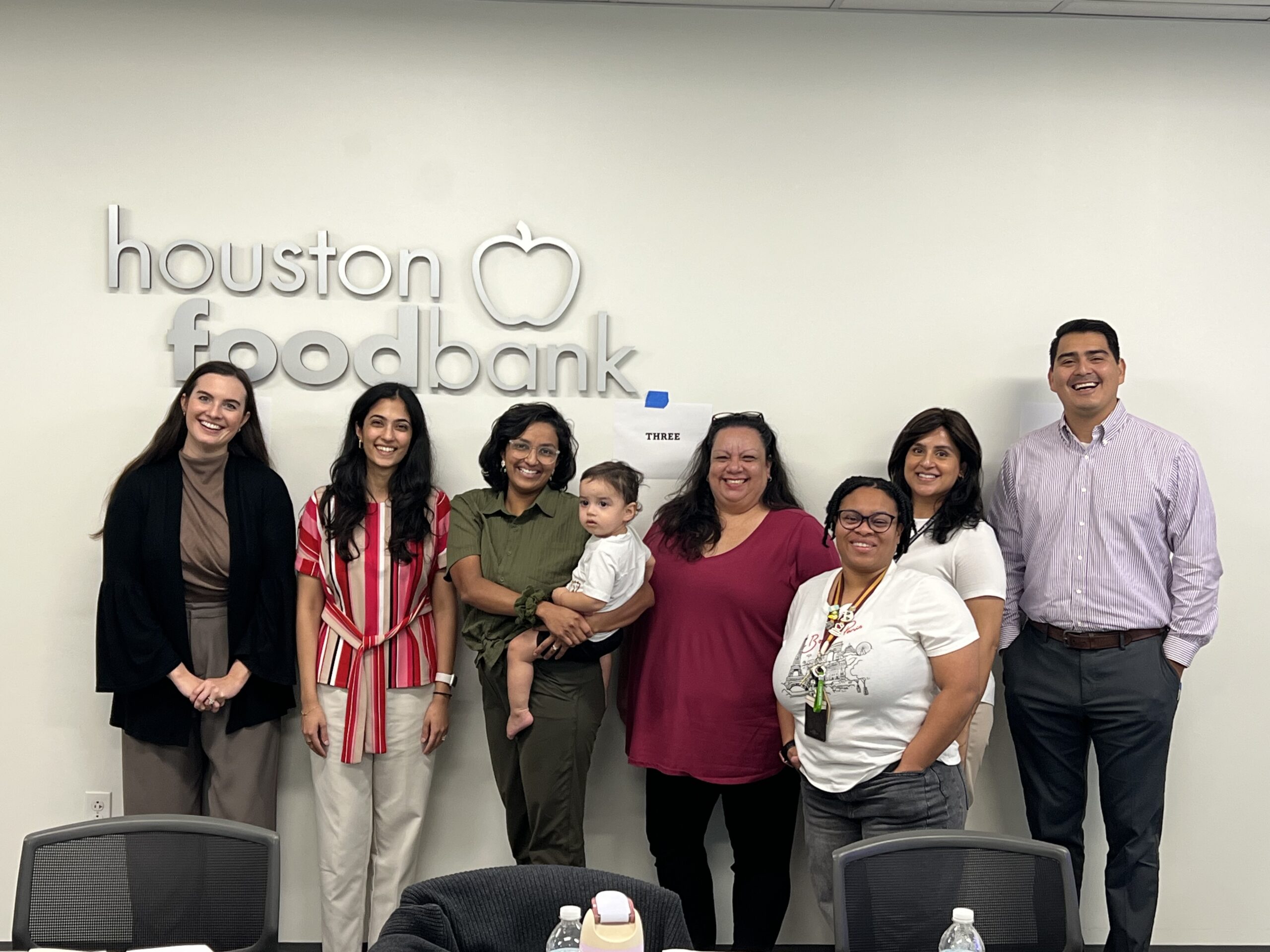
Mission: To break down barriers and ensure access to nutritious food and wraparound care for mothers and their infants, ensuring all families across Texas, regardless of their circumstances and background, are positioned to thrive from the very beginning.
Priorities for Change: Maternal Health, Food & Nutrition Security
Backbone Organization: Kinder Institute for Urban Research at Rice University
Collaborative Partners:
Kinder Institute for Urban Research at Rice University
Houston Food Bank
Local Infant Formula for Emergencies (LIFE) Houston
Central Texas Farm to School Collaborative
Mission: To strengthen collaborative, community-based strategies that improve student health and nutrition, expand food access, and create fair, transparent access to institutional markets for local and historically underserved farmers and food producers.
Priorities for Change: Food & Nutrition Security
Backbone Organization: Lake Travis ISD
Collaborative Partners:
Lake Travis ISD
Manor ISD
Austin ISD
Florence ISD
KIPP Public Schools
The Common Market Texas
Central Texas Food Bank
Greener Pastures Chicken
Farmshare Austin
Urban Roots
Tito’s Vodka – The Fourteen Acres Farm
True Harvest Lettuce
Broadfork Consulting
The City of Austin
Texas Department of Agriculture
Center for Good Food Purchasing
Central Texas Regional Food System Council
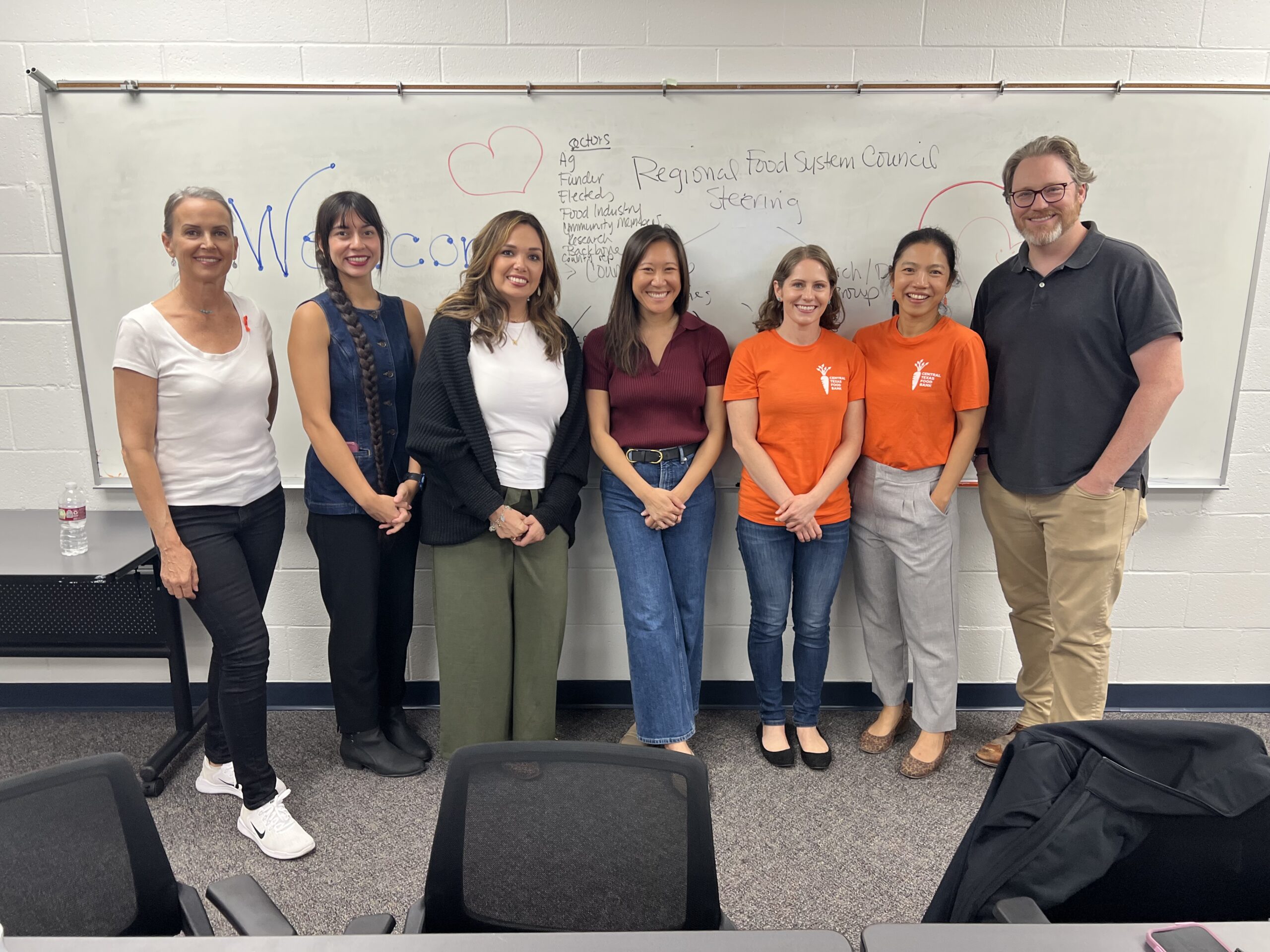
Mission: To address broad challenges across the Central Texas food system by fostering the coordination of data, resources, education, policy, and advocacy, to advance innovative solutions in our communities.
Priorities for Change: Food & Nutrition Security
Backbone Organization: Central Texas Food Bank
Collaborative Partners:
Baylor Collaborative on Hunger and Poverty
University of Texas at Austin – Department of Nutrition Sciences
Bastrop County Cares
Cultivate Academy – Bell County Hunger Coalition
Hays County Health Department
Prosper Waco – Waco Hunger Free Community Coalition
Travis County Health and Human Services
United Way for Greater Austin
Amazon
Texas Farmers Market
Texas Association of Regional Councils
Greater Austin Merchants Cooperative Association (GAMA)
Community Engagement for Maternal Health & Diabetes Prevention

Mission: To improve the quality of life of community members by addressing health disparities maternal health and diabetes prevention.
Priorities for Change: Maternal Health, Diabetes Prevention
Backbone Organization: Gulfton Home Community
Collaborative Partners:
Baylor College of Medicine Office of Community Engagement
Baylor College of Medicine: Menninger Department of Psychiatry and Behavioral Sciences
Baylor College of Medicine: Department of Family and Community Medicine
Gulfton Home Community
Houston Haitian Health
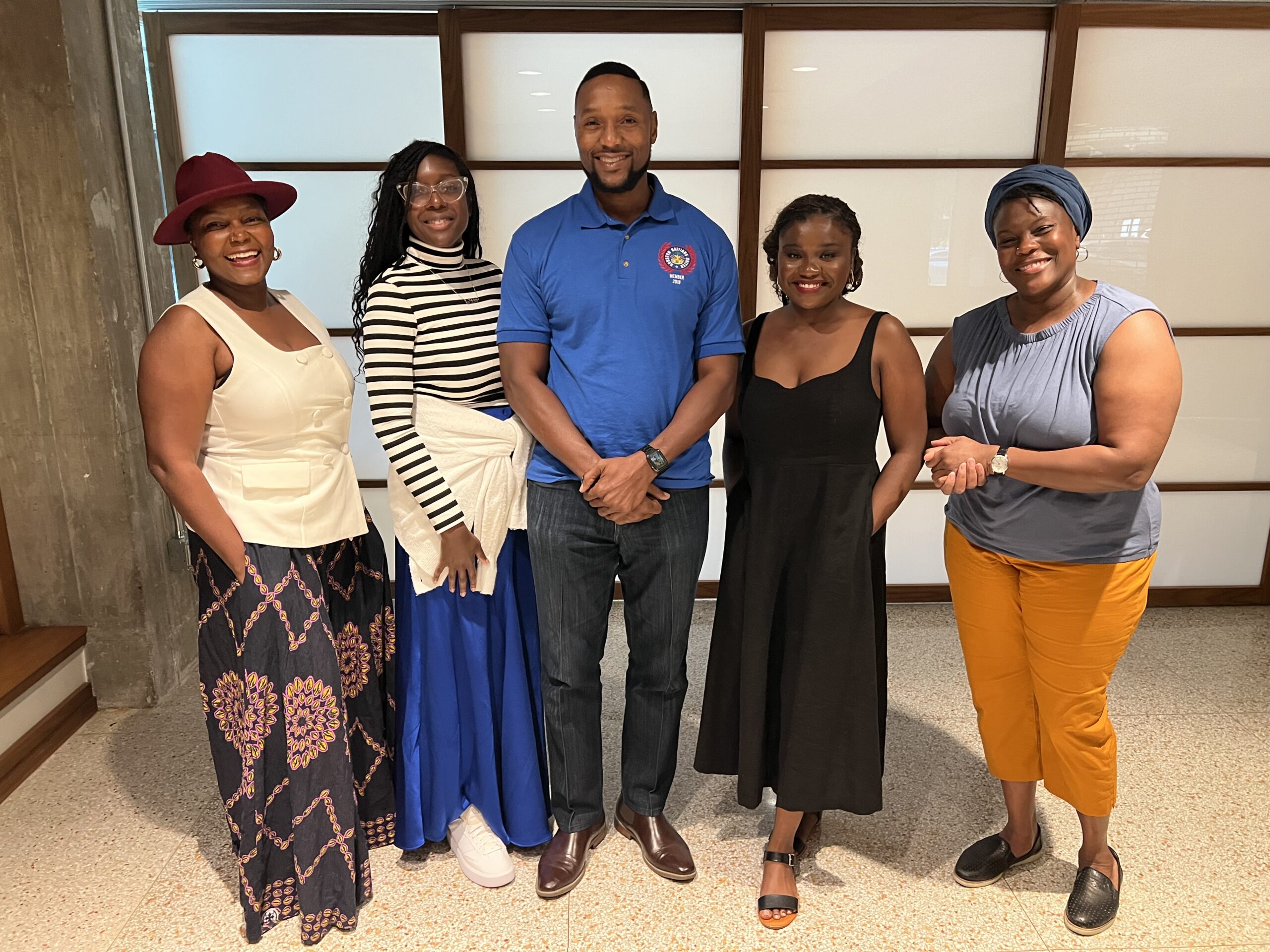
Mission: To understand the Harris County’s current health landscape and partner with the community to implement culturally informed public health interventions to address health disparities.
Priorities for Change: Food & Nutrition Security, Diabetes Prevention
Backbone Organization: Houston Haitian United
Collaborative Partners:
Houston Haitian United
UTHealth School of Public Health
Huntsville Council of Churches
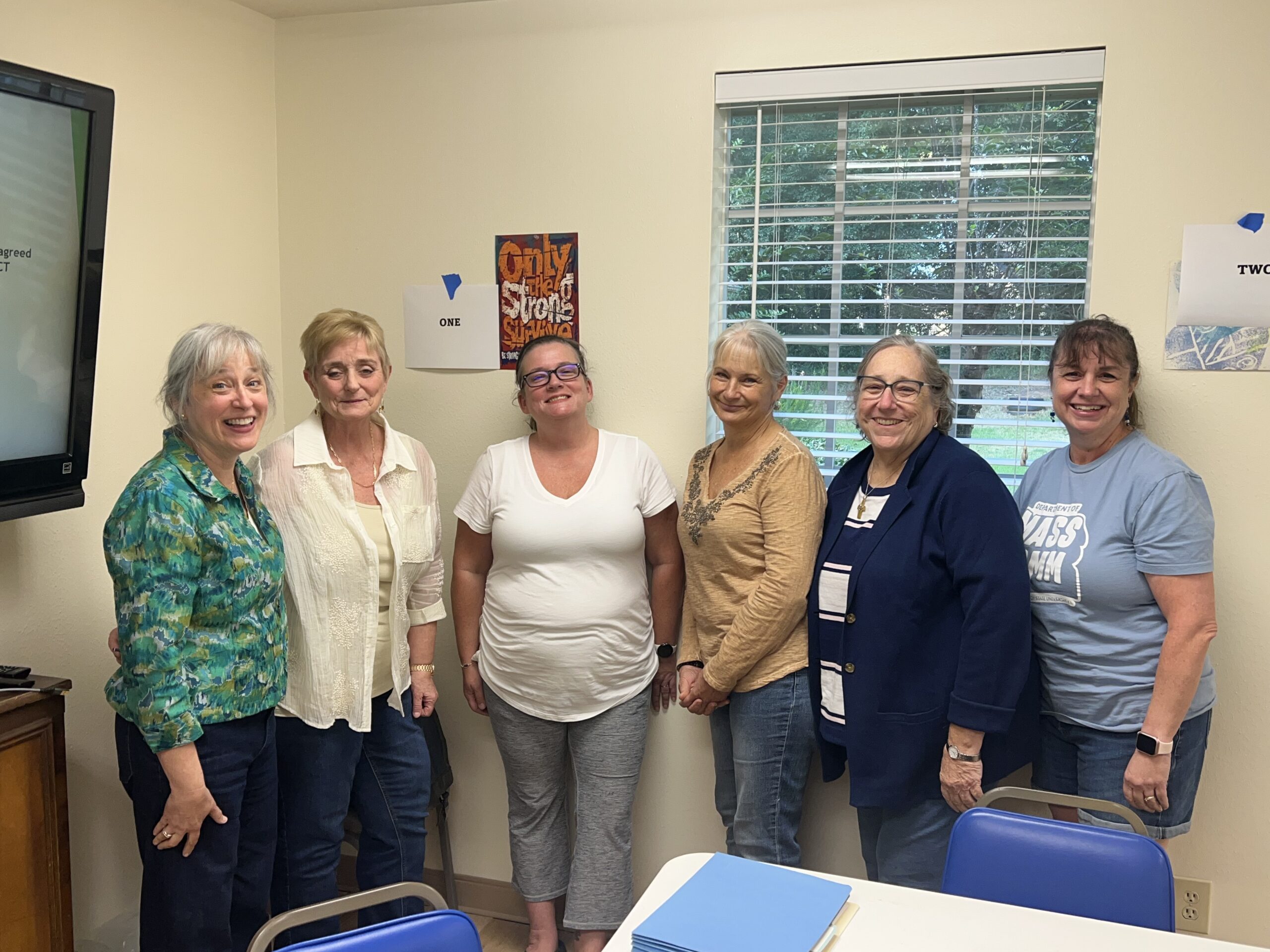
Mission: To create an environment in Huntsville and Walker County where the efforts of individual churches to (1) speak the good news of the gospel of Jesus Christ; (2) and to help meet basic human needs in ways that can be best realized working cooperatively, rather than each church doing so on their own.
Priorities for Change: Food & Nutrition Security
Backbone Organization: St. Stephen’s Episcopal Church
Collaborative Partners:
The Good Shepherd Mission
St. Stephen’s Episcopal
First United Methodist Church
First Christian (Disciples of Christ) Church
Northeast Texas CHW Coalition
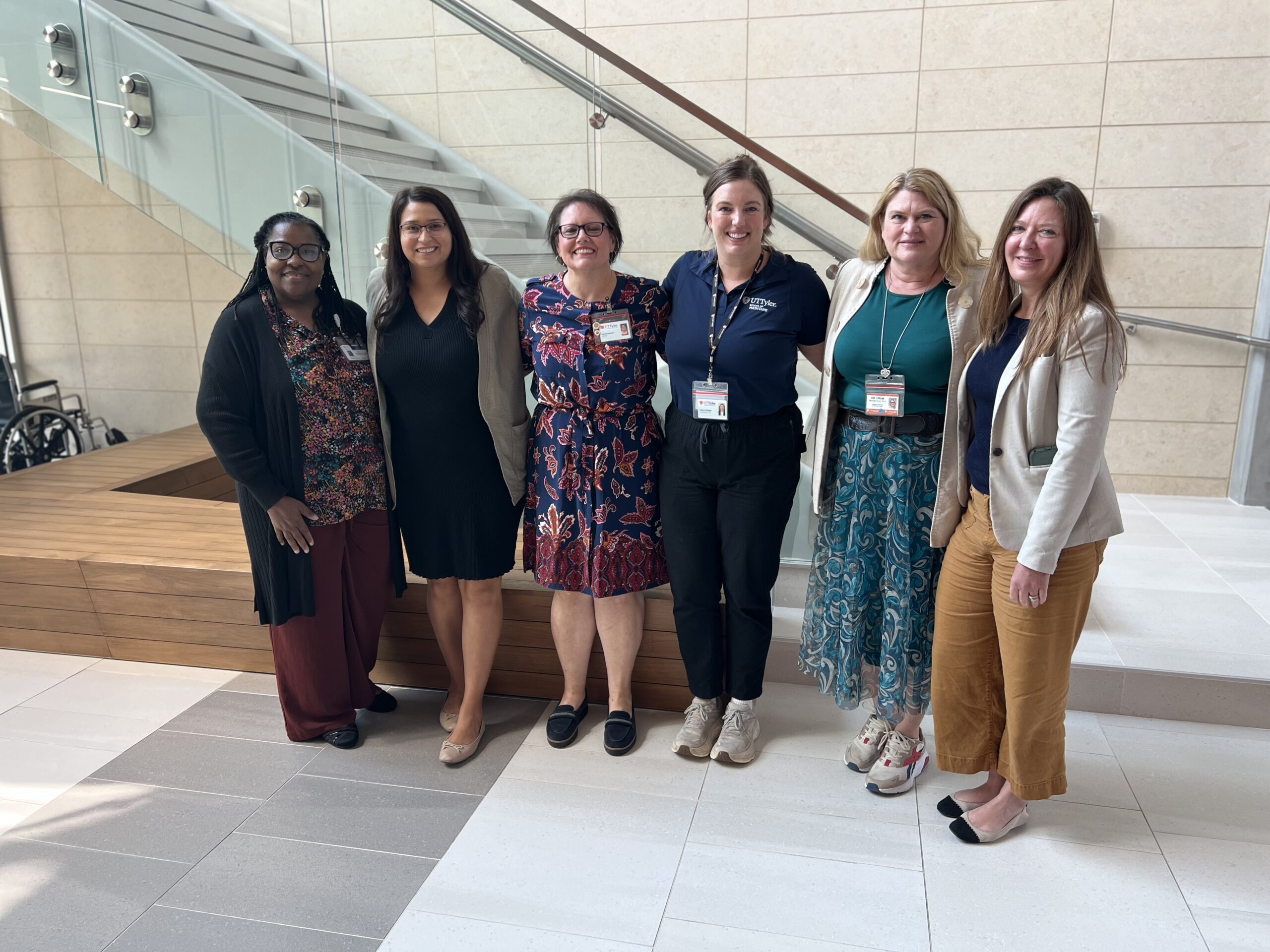
Mission: To advance health equity and reduce the burden of diabetes and diabetic retinopathy in East Texas through community-based prevention, early detection, and care coordination.
Priorities for Change: Diabetes Prevention
Backbone Organization: University of Texas at Tyler
Collaborative Partners:
Alliance for Healthcare from the Eye
University of Texas at Tyler
Sunnyside UP (United Partnerships): A Community Health Initiative
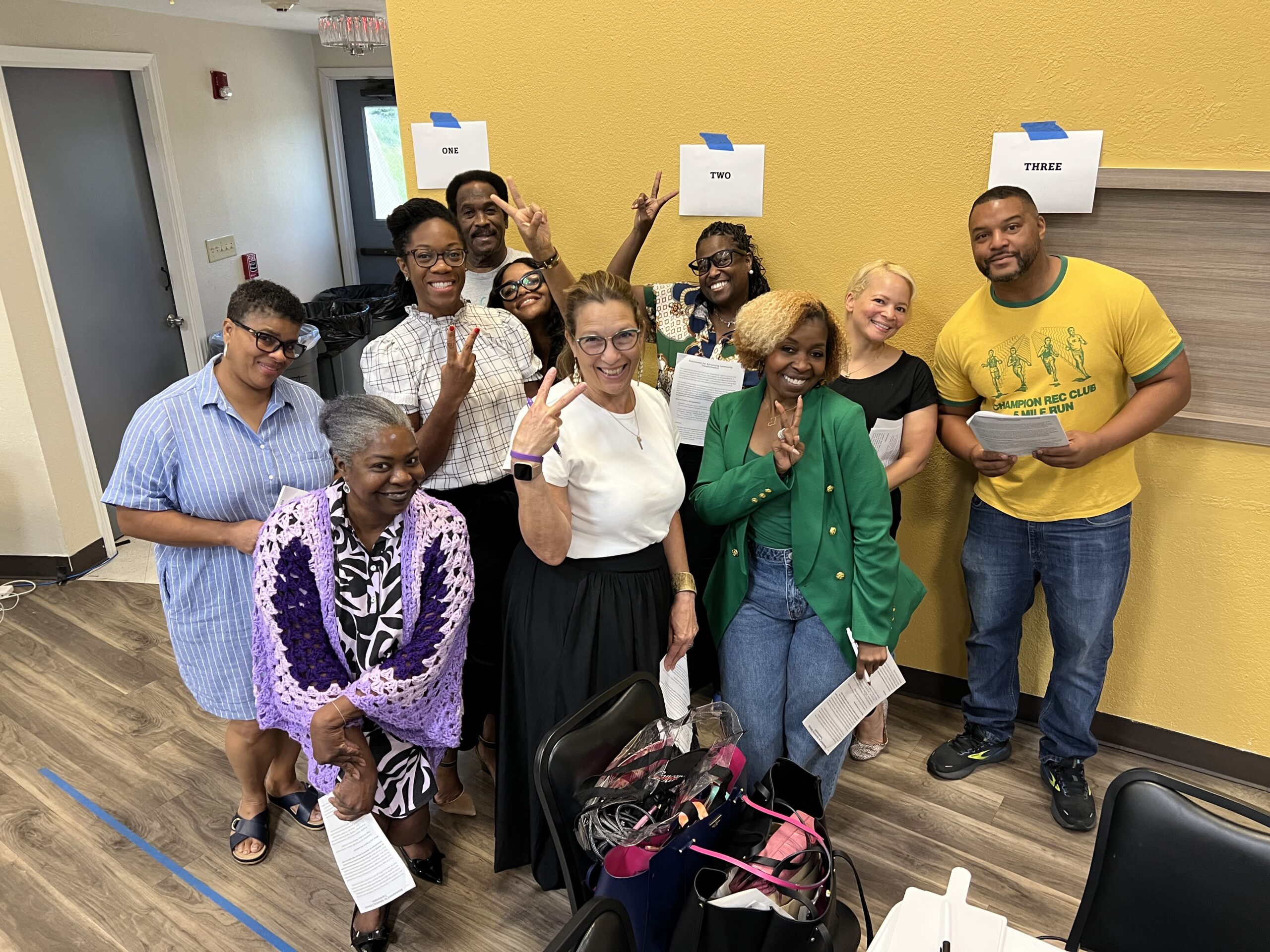
Mission: To empower the Sunnyside and adjacent communities in Houston to achieve health equity by fostering collaboration among local organizations and residents.
Priorities for Change: Maternal Health, Food & Nutrition Security, Diabetes Prevention
Backbone Organization: African American Health Coalition
Collaborative Partners:
African American Health Coalition
Texas Southern University – Center for Transformative Health
Harris Health System
Lupus Foundation of America Texas Gulf Coast Chapter
World Harvest Outreach Seventh Day Adventist Church
MD Anderson Cancer Center
Equity Bridge LLC
Sunnyside Super Neighborhood 71
Fresh Houwse Grocery Sunnyside
Pinesette Soul Catering/Private Chef Service
Harris County Public Health
Northeast Coalition for Advancement and Transformation (NCAT)
Sisters Thrive
Thrive by Us
Texas Women's Healthcare Coalition
Mission: To improve the health and well-being of women, babies, and families by ensuring access to preventive care – including contraception – for all Texas women.
Priorities for Change: Maternal Health
Backbone Organization: Healthy Futures of Texas
Collaborative Partners:
District XI (Texas) American College of Obstetricians and Gynecologists
Every Body Texas
Every Texan
Healthy Futures of Texas
Methodist Healthcare Ministries
Teaching Hospitals of Texas
Texans Care for Children
Texas Academy of Family Physicians
Texas Association of Community Health Centers
Texas Medical Association
Wharton Community Resource Collaborative
Mission: To connect and deepen relationships between to local organizations and agencies to decrease high social vulnerability in East Wharton County.
Priorities for Change: Maternal Health, Food & Nutrition Security
Backbone Organization: Hesed House of Wharton
Collaborative Partners:
Wharton ISD
Wharton County Junior College
Women’s Crisis Center
Dobson Boys and Girls Club
Wharton Chamber of Commerce
Word Church
Gulf Coast Medical Foundation Wharton Chamber of Commerce
Reflections from the 2022 CHCI Cohort
Registry of Coalitions
An important part of the Collaborating for Healthy Communities Initiative is to identify current health-focused coalitions and other community collaboratives that are working across EHF’s 80-county service area. The goal is to create a coalition registry and database that will be shared as a resource to communities to help improve health across Texas.
